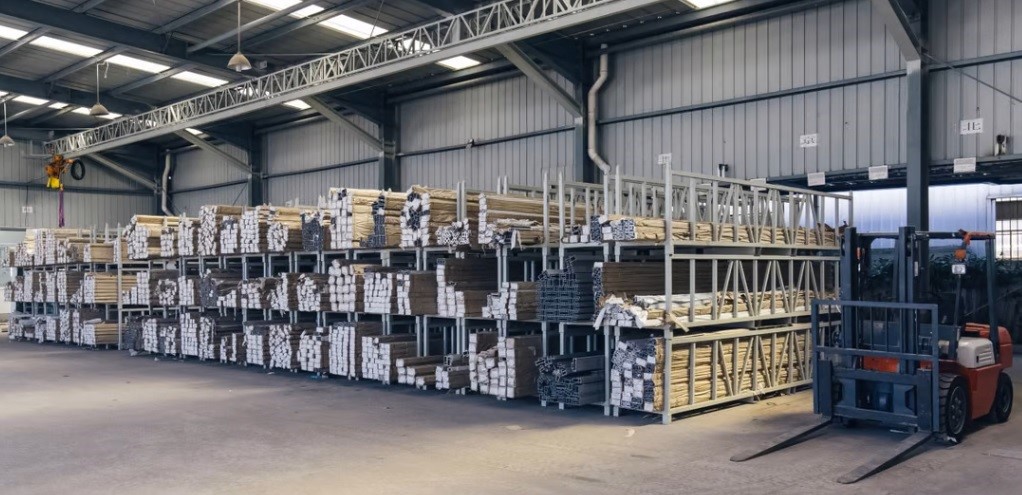

As the "long game" between Beijing and Canberra continues, Australia has opened a new anti-dumping probe against Chinese aluminium extrusions used in many applications, including construction. According to Australia's Anti-Dumping Commission, aluminium manufacturer Capral submitted a request to review current anti-dumping measures.

According to official sources, the restrictions were first implemented in October 2010 and applied to all Chinese exporters, except Guangdong Jiangsheng Aluminium and Guangdong Zhongya Aluminium. A statement on China Trade Remedies Information, a website run by the Chinese Ministry of Commerce, states that a final proposal is anticipated to be sent to the Australian Department of Industry, Science and Resources no later than November 28.
Protectionist anti-dumping duties are imposed when a government decides that imports are priced below fair market value, which is when "dumping" is said to occur when a corporation exports a product at a lower price than is typically paid in the importing market.
“There exist many loopholes in anti-dumping investigations. Firms and governments can manipulate them. Even if an anti-dumping case had been resolved many years ago, the importing country’s government can still review the cases to see if dumping still exists,” said Qiu Dongxiao, head of the economics department at Hong Kong’s Lingnan University.
“Anti-dumping and countervailing practices are non-tariff barriers, which are easier for a government to use for protection purposes. It is, therefore, not surprising to see that more cases will come up and the long game [between China and Australia] will continue,” added Qiu Dongxiao.
According to statistics from China's customs, China shipped aluminium extrusions to Australia in 2020, valued at US$132 million, amid rising tensions between Beijing and Canberra. In 2021 and the first half of 2022, exports increased to US$190 million and US$614 million, respectively. According to official data from the Australia Aluminium Council, Australia imported aluminium extrusions worth A$369 million (US$257 million) in total in 2020 and A$472 million in 2021.
Although China is Australia's greatest commercial partner and the country's foremost consumer of iron ore, ties between the two countries have been worse recently. In response to demands from the former Morrison administration for an inquiry into the causes of the coronavirus and the choice to exclude Huawei Technologies Co. from its 5G network, Beijing levied trade restrictions on Australian goods. Australian anti-dumping investigations against Chinese steel and A4 paper have also been opened.
“Given the current unpleasant economic and political relations between China on the one side and other Western countries, including Australia on the other side, trade battles will occur more often and last longer. I do not expect any Western government to change its position and become closer to China. Hence, we will expect to see more, not less, trade skirmishes between China and Australia, added Qiu.
The government of Alba has asked China to remove all of its harsh trade tariffs on Australian goods. As the 50th anniversary of the beginning of diplomatic relations between China and Australia approaches, top Chinese officials and pundits, have stated that the relationship will strengthen if Australia "thinks from the perspective of mutual advantages."



Responses






